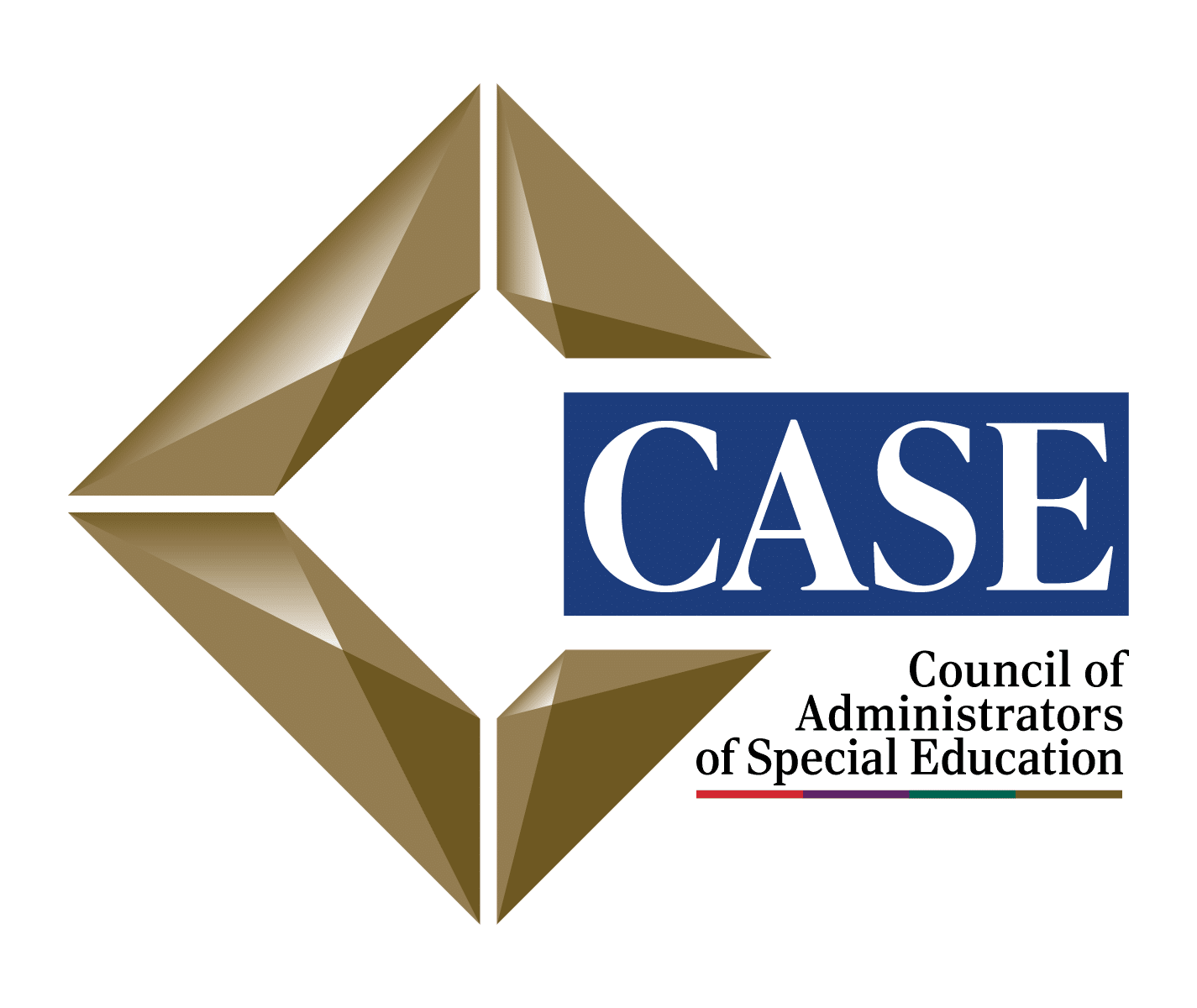Here at eLuma, we are impressed and encouraged by the leadership in special education. Not only have they dedicated their lives to serving students with disabilities, but they are articulate, thoughtful and keenly focused on solving the most critical special education issues. While attending the 2018 Special Education Legislative Summit in Alexandria, Virginia, we had a chance to sit down and interview several national leaders to discuss some of these major challenges facing special education:
- Funding.
- Advocacy.
- Shortages and retention.
- Social-emotional & mental health challenges.
IDEA FUNDING
According to one of the leaders in special education, Kevin Rubenstein, President/Illinois Alliance of Administrators of Special Education (IAASE): “There’s a lot going on right now, but it’s really something that the promise of IDEA, the Individuals with Disabilities in Education Act, which has never really been fulfilled (since it’s been enacted). And that’s because we’ve never reached full funding. And we see that. And we’ve been talking about it at the federal level with each of our members of Congress and each of our Senators about the need for more funding — to make sure that we get more funding — we’re talking about that today and with many members of Congress. But just thinking about all the great things that we can do with additional funds from the federal government and what that could look like: we’re thinking about new iPads (technologies), new therapies, and new sorts of research-based interventions, and hiring new staff and those sorts of things. And then even at the state level, we’ve done a lot over the last couple of years in Illinois to make sure that there’s new funding available for schools, and that it’s coming at schools in a really great way to make sure that they’re able to hire new special education teachers, new social workers, school counselors — all across the board. So we’ve been working on that really hard, but it’s still a great fight and something that we’ve been really working hard on.”
ADVOCACY
Mary Lynn Boscardin, President-elect/Council for Exceptional Children (CEC): “Another challenge that’s related to acquiring the funding that’s necessary to support children is advocacy: having individuals who are passionate about the education of students with disabilities, and being able to articulate why it’s important that we have teachers that are well-trained, administrators that are well-trained to support the teachers — so we retain those valuable educators, as well as supporting the families of students with disabilities.”
SHORTAGES & RETENTION
Phyllis Wolfram, President/Council of Administrators of Special Education (CASE) & Missouri Council of Administrators of Special Education (MO-CASE): “I believe that one of the most pressing issues that we’re facing in special education, and there are a number of them, but one in particular is the shortage of special education staff along with the recruitment and the retention of highly qualified educators — so not only recruiting them into the profession, but ensuring that they get the type of training and professional development, and pre-service training. Once teachers become certified, the field can be very difficult (at times) to work in, and to provide them the level of training, the level of support in order for them to continue to meet the needs of (the varying needs I should say) our students with disabilities (those with the most severe and multiple disabilities to those with the mildest learning disabilities) can be very difficult and a struggle for teachers. And part of that struggle is just –many times the complexity of the federal law, in and of itself, of the IDEA — one of the most litigious and complex federal laws that we have on the books today.”
SOCIAL-EMOTIONAL CHALLENGES & MENTAL HEALTH
Erin Maguire, President-elect/Council of Administrators of Special Education (CASE): “I think there are several pressing issues in special education, but the one that certainly sticks out most for me right now, is around our students who are experiencing social-emotional challenges and mental health issues. I think that historically schools were not necessarily designed to do a lot of social-emotional learning supports. And while I think schools are getting better at that, I certainly think that we have a ways to go to make sure that we have all of the universal instruction, and screening in place to address ALL students.
But I also think we have some work to do around making sure that we have really quality services in place to support students who are experiencing pretty significant emotional challenges. In addition, I think that there’s a need for collaboration with our community partners. And I think that that’s important that all states are talking about. And I also think it’s important that we talk about that at the federal level, thinking about juvenile justice, thinking about our mental health agencies. There are a myriad of, of partners all across the nation that are really critical in that work together. And so I think that’s probably right now, one of my main focuses and a main focus for many directors across the country.”
Explore eLuma’s online mental health services


